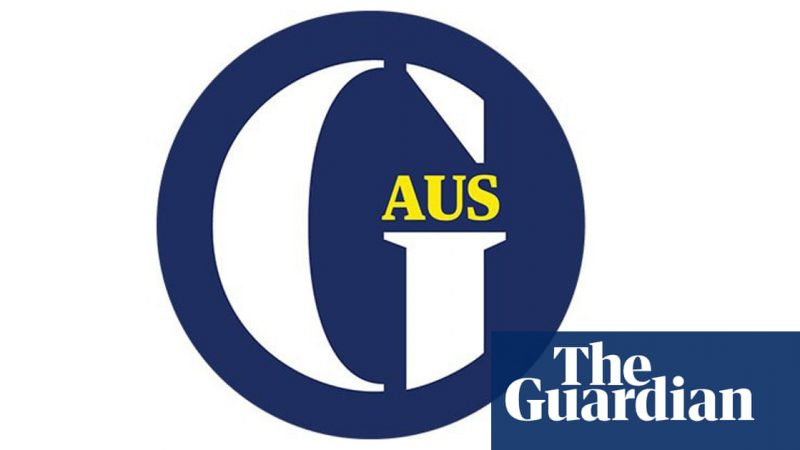Global approach delayed Guardian Australia’s response to open letter on Israel-Gaza war
Guardian Australia has attributed its delayed response to an open letter now signed by 337 Australian journalists to the need to coordinate a consistent global position between the British news organisation’s international offices.
“We’re a large, global organisation and this update was coordinated globally in response to the Australian letter and similar letters circulating in other countries. All decisions prioritise our editorial integrity and safety of our journalists,” a spokesperson from the independent publication told Mumbrella.


